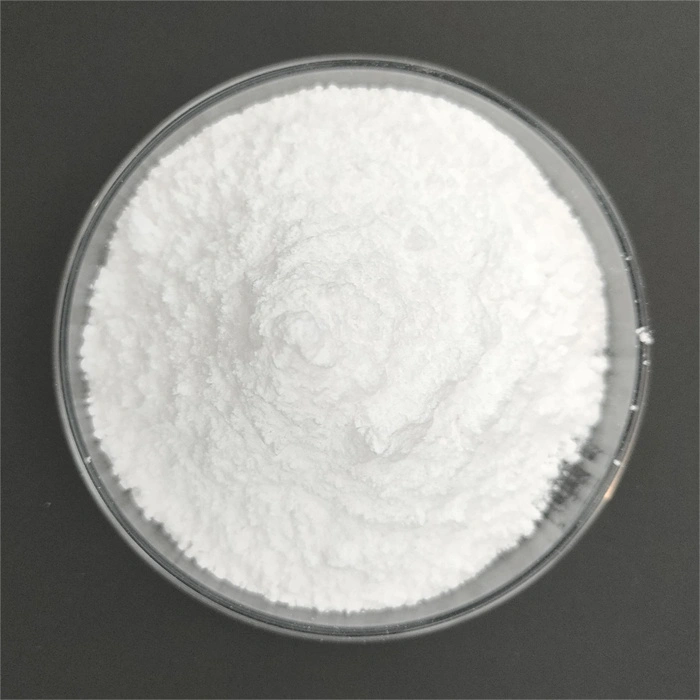
The realm of material science is continuously advancing, offering innovative solutions to enhance safety and performance in various industries. One such solution is the utilization of flame retardant aluminum hydroxide filler, a specialized compound engineered to provide unparalleled fire resistance to materials it is incorporated into.
Understanding Flame Retardant Aluminum Hydroxide Filler
Flame retardant aluminum hydroxide filler, often referred to as ATH, is a white, inorganic compound with a crystalline structure. It functions as a flame retardant by endothermically releasing water when exposed to high temperatures. This decomposition process dilutes flammable gases, reduces oxygen levels, and lowers the temperature in the combustion zone, thereby slowing down or preventing the spread of fire.
Enhanced Safety and Performance
Materials enriched with ATH exhibit improved fire safety properties without compromising their essential characteristics. Plastics, electrical insulation, and coatings are among the many applications that benefit from the addition of this filler. By meeting strict flammability standards, products can be used in environments where high fire risk is present, such as in the aerospace, electronics, and automotive sectors.
Environmental Considerations
ATH is not only effective but also environmentally friendly. As a non-halogenated flame retardant, it does not produce toxic fumes during a fire, unlike some other flame retardant chemicals. Additionally, its non-toxic nature makes it safer for production processes and disposal. This eco-conscious approach aligns with current trends towards sustainable material selection.
Versatile Application
Due to its physical properties, ATH can be easily integrated into various polymer matrices, enhancing the heat resistance and extending the service life of the host materials. Its low smoke generation and excellent corrosion resistance properties make it suitable for use in electrical cables, where safety and durability are paramount. Moreover, its ability to act as a smoke suppressant further widens its application scope.
Technical Challenges and Solutions
Despite its numerous benefits, incorporating ATH into materials can present technical challenges such as alterations in the mechanical properties of the host material. However, advancements in surface treatment techniques and the use of coupling agents have been developed to mitigate these issues, ensuring that the reinforced materials maintain their integrity and strength.
Flame retardant aluminum hydroxide filler stands as a testament to how innovations in material science contribute to the enhancement of safety standards across industries. With its effectiveness, eco-friendliness, and versatility, ATH serves as an indispensable component in our quest for safer materials. As research continues and technology evolves, we can expect to see even more sophisticated applications of this remarkable flame retardant filler.
